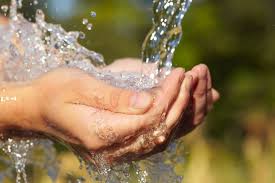Potable water is an essential element for human life and health. However, in many poor countries, access to clean drinking water is limited, and basic sanitation facilities are lacking. According to the World Health Organization (WHO) and UNICEF, nearly 2.2 billion people worldwide lack access to safely managed drinking water, and approximately 4.2 billion people lack access to basic sanitation facilities. These numbers highlight the magnitude of the challenge faced by many communities in developing countries.
Persistent Challenges
The challenges are manifold:
- Potable Water Safety: Nearly 2.2 billion people lack access to safe drinking .
- Sanitation Facilities: Approximately 4.2 billion people lack basic sanitation facilities.
- Infrastructure Deficits: Water and sanitation infrastructures are often inadequate, especially in rural and precarious urban areas.
Necessary Solutions
To address these issues, several actions are crucial:
- Increased Investment: Governments, international organizations, and the private sector must invest more in water and sanitation infrastructures.
- Education and Awareness: It is necessary to educate communities about hygiene and proper sanitation practices.
- Public-Private Partnerships: Promoting partnerships can help mobilize necessary resources and improve project management.
Integration into the SDGs
Access to safe water and sanitation is a fundamental right. Its integration into the Sustainable Development Goals (SDGs) is essential for coordinated global action.
Access to clean drinking water and safe sanitation facilities is a fundamental right for all individuals, yet remains a major challenge for many populations in poor countries. However, with increased commitment from governments, international organizations, the private sector, and civil society, it is possible to overcome these challenges and improve the living conditions of millions of people worldwide. Potable water and sanitation are not only essential needs but also key elements of sustainable development and poverty reduction.
